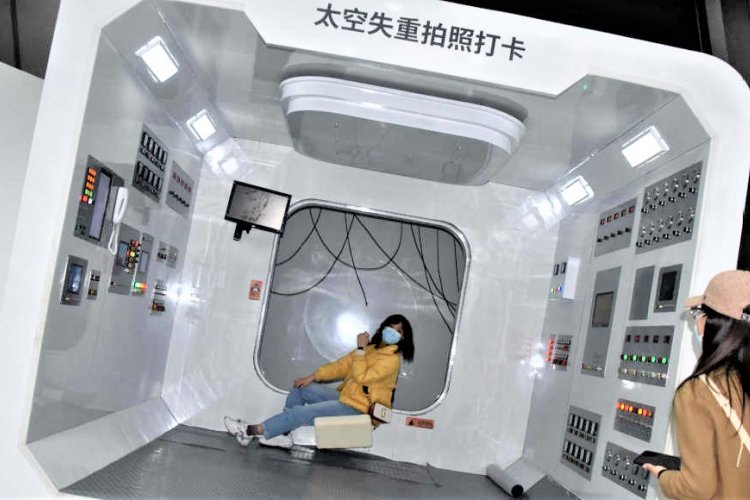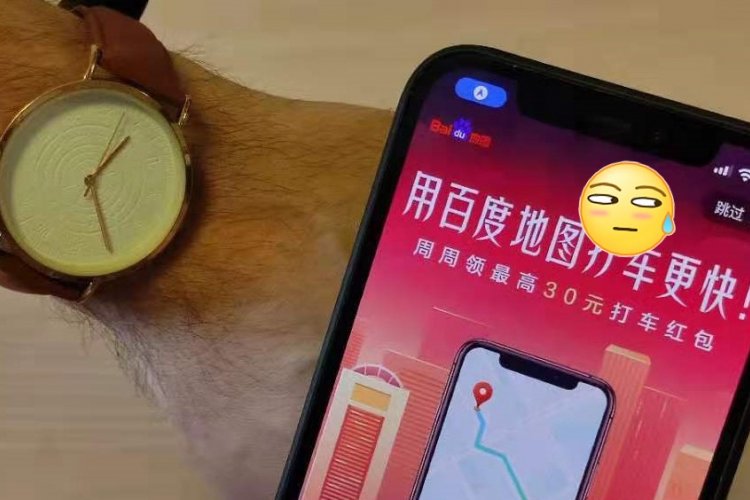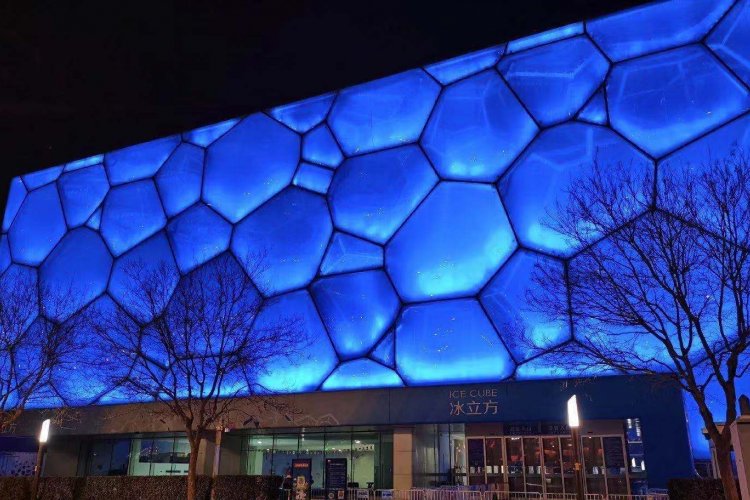News You Might Have Missed: A Match Made in Space and Dodgy Language Claims
If China is going to become a serious space contender, referring to incredibly advanced space maneuvers in affectionate terms needs to stop. This isn’t China’s only remarkable technical feat of late – they’re also marking microchip milestones, Internet profits and swipe card successes. Meanwhile, Chinese real estate developers and a prominent American are both facing scrutiny over some not-so-subtle language fibs.
China’s space program continues to advance with early November’s unmanned docking of Shenzhou 8 with the space lab Tiangong-1, making it only the third country to achieve this type of maneuver. The docking puts China’s program at the level of the US’s 1960s Gemini missions, but at the rate China is progressing, predictions are that they will have a manned space station within a decade. Now all China needs to do is start reporting this as serious news, as opposed to using the romantic references of lovers and kisses. Several Chinese papers have gone a step further and penned poems about the encounter. One example: "Tiangong, my lover, for the arrival of this moment – wait for me. I'm coming." Not quite as inspiring as “One step for man, one giant leap for mankind,” is it?
Luckily, China doesn’t turn all momentous news into sappy stories. China has just unveiled its first supercomputer built entirely with domestic microprocessor chips. It's made entirely in China and is winning praise for its remarkably low energy consumption. Like the space program, China’s chip production is technologically behind the times in comparison to other countries (i.e. US, Korea and Taiwan) but catching up quickly. This made-in-China progress isn’t just limited to computers; it's also making its mark in architecture and design, most recently in the Shanghai’s Apple store atrium.
Another computer success story involves Baidu, which has reported third-quarter profits that are up 80 percent from 2010. One reason for this jump: The Chinese search engine has had a significant increase in English-language searches. (Is that because Google has been startlingly slow in the past year?) This news has people shouting conspiracy and asking for Google back now that Baidu is doing fine.
If you didn't toss your Yikatong transport card after its tracking ability made headlines, you can now use that card in yet another way. Card users will now be able to download phone software that will allow them to swipe their cell phones at subway stations and on the bus in lieu of the transport card. If you act fast, you can reap the rewards of the current promotion: Fill out an online survey and get one kuai of credit. Or register and you'll have a daily chance of winning RMB 0.4. Now if only taxi drivers would just start accepting the Yikatong cards as payment.
The People’s Daily recently called out property developers for getting a bit too flexible with their descriptions. A Weibo post lists a number of real estate euphemisms and their true meanings, which the newspaper has handily supplied. Our favorites: Noisy areas described as "vibrant city life" or "experience modern living," the presence of a fountain means "American charm" or "Nordic indulgence," and if you live next to a gutter, you've got "limited waterfront landscape."
Someone else caught making not-so-true language claims is former US Ambassador Jon Huntsman. Despite self-proclaimed fluency, the Republican presidential candidate has been caught out for some fairly rusty Mandarin. On the Colbert Report, when asked to say something in Chinese, Huntsman produced the mangled line: "I really want you to do my vice-America president." What a faux pas. Maybe he should have taken a cue from Beijing's backpack-wearing golden boy and kept his mouth shut.
Photo: BBC






